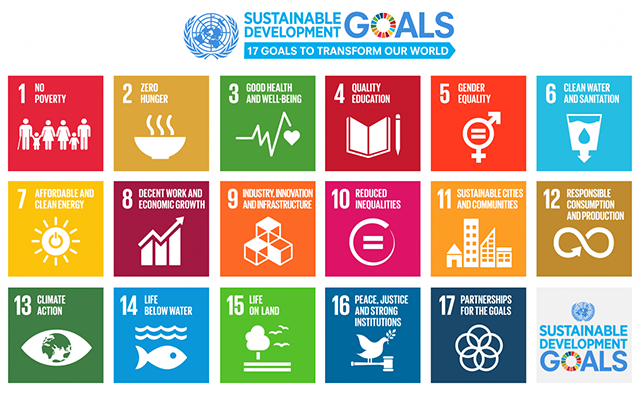Mental Illness Support and Outreach (MISO)
Location
A115
Document Type
Presentation
Type
Social Entrepreneurship (SocEnt)
Start Date
11-4-2018 10:30 AM
End Date
11-4-2018 11:00 AM
Abstract
Among adolescents, particularly in high stress and consolidated environments, depression, anxiety, and other mental health disorders are common and there are not enough resources/support for the kids that need it. For IMSA kids in particular, many of them feel as though there is not enough education, awareness, or programs pertaining to well-being, family complexes, and suicide awareness. Facilitators of the program have noticed flaws within IMSA’s student body. Approaches to dealing with the failures of IMSA to regulate depression, anxiety, and at time suicidal tendencies come in two forms. Identifying and calibrating a causation report on IMSA’s situation is essential. The second approach will function as both a research method and as efforts through educational and morale programs. The efforts of these programs have been largely appreciated by the IMSA community, but with little change to either programs or mental health rates, little more can be said for them. Mental Health Initiative week has been deemed a step in the right direction as found polls, but its ability to create meaningful change is limited by its duration., The lack of connection between the administration and the student body means that the liability driven world of Illinois government personnel has the ability to send students home if they are having serious mental health issues, but can’t actually address the problems that cause excessive depression, anxiety, etc. Our program is designed to address this issue within the IMSA community and will include educational talks, advice, counseling, and events that are meant to de-stress students. The first step would be to implement a program with a guest speaker, preferably from outside the IMSA community, that gives statistics and data that display the reality and severity of mental health issues. This would also include how to approach administering support. Also included in this set of programs would include how to work when you are feeling unmotivated, how to not become overwhelmed and how to identify signs of those who need help. These would be lead by people who facilitate the organization. The students and staff that run the program would be trained and those who have experience and success in the field. The goal of this program is to administer help and support through people who have direct experience and insight.
Mental Illness Support and Outreach (MISO)
A115
Among adolescents, particularly in high stress and consolidated environments, depression, anxiety, and other mental health disorders are common and there are not enough resources/support for the kids that need it. For IMSA kids in particular, many of them feel as though there is not enough education, awareness, or programs pertaining to well-being, family complexes, and suicide awareness. Facilitators of the program have noticed flaws within IMSA’s student body. Approaches to dealing with the failures of IMSA to regulate depression, anxiety, and at time suicidal tendencies come in two forms. Identifying and calibrating a causation report on IMSA’s situation is essential. The second approach will function as both a research method and as efforts through educational and morale programs. The efforts of these programs have been largely appreciated by the IMSA community, but with little change to either programs or mental health rates, little more can be said for them. Mental Health Initiative week has been deemed a step in the right direction as found polls, but its ability to create meaningful change is limited by its duration., The lack of connection between the administration and the student body means that the liability driven world of Illinois government personnel has the ability to send students home if they are having serious mental health issues, but can’t actually address the problems that cause excessive depression, anxiety, etc. Our program is designed to address this issue within the IMSA community and will include educational talks, advice, counseling, and events that are meant to de-stress students. The first step would be to implement a program with a guest speaker, preferably from outside the IMSA community, that gives statistics and data that display the reality and severity of mental health issues. This would also include how to approach administering support. Also included in this set of programs would include how to work when you are feeling unmotivated, how to not become overwhelmed and how to identify signs of those who need help. These would be lead by people who facilitate the organization. The students and staff that run the program would be trained and those who have experience and success in the field. The goal of this program is to administer help and support through people who have direct experience and insight.


